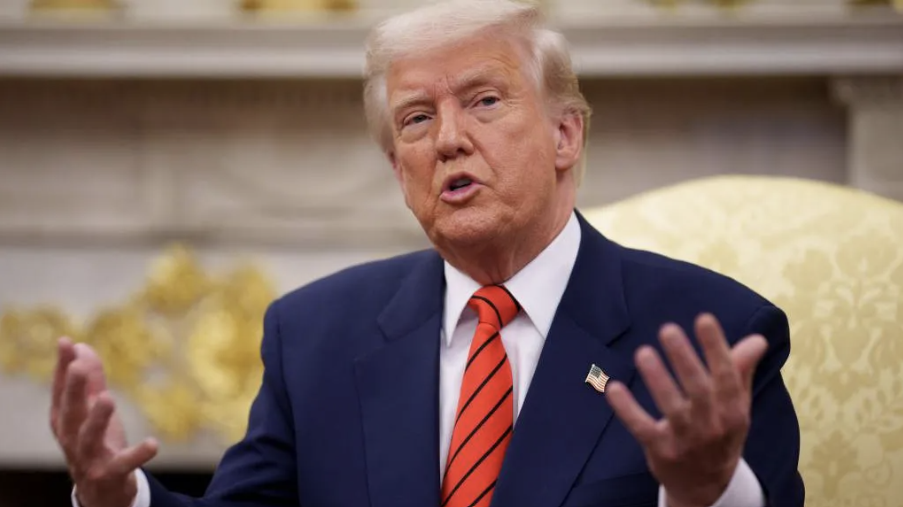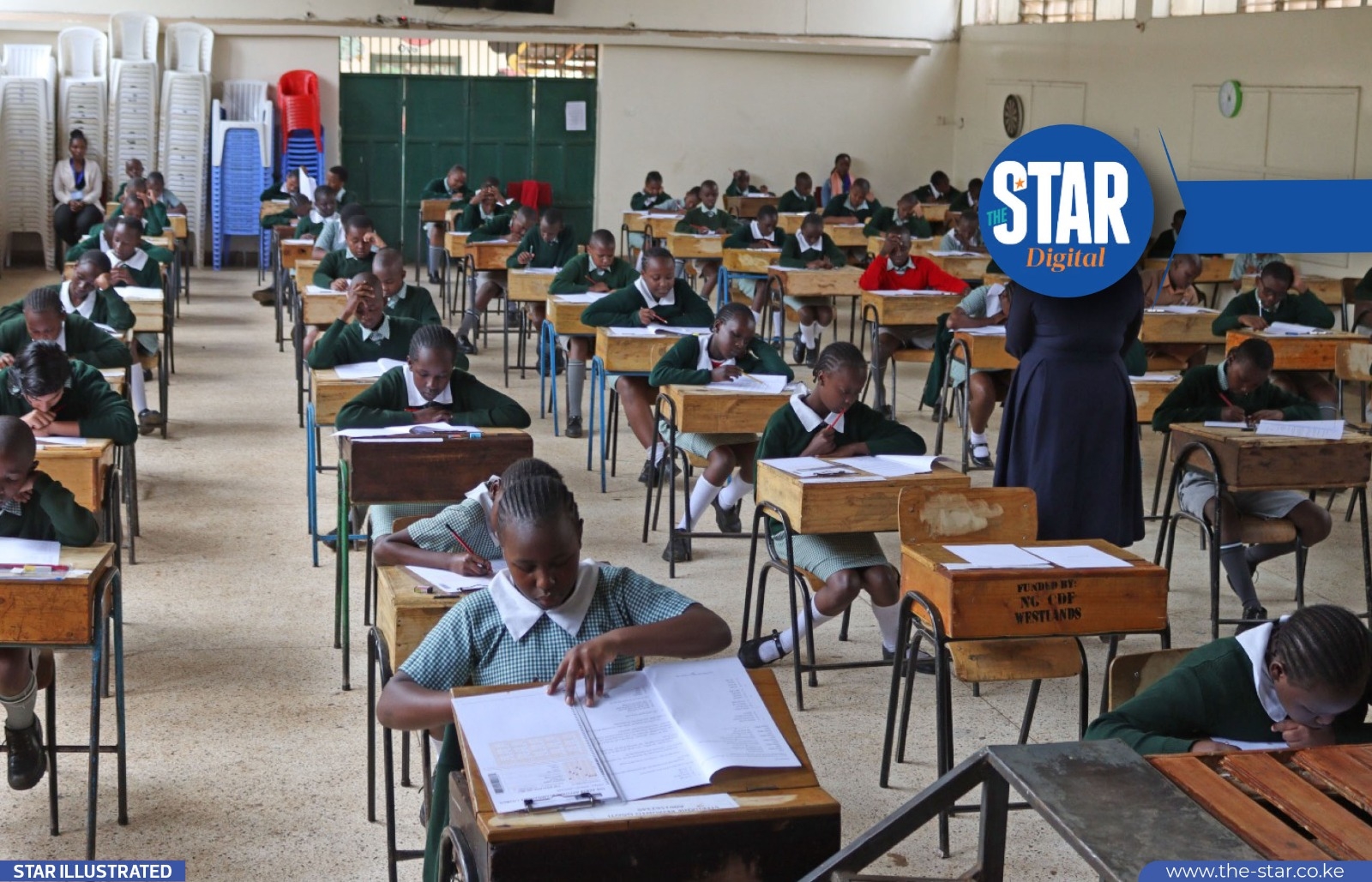

The US Supreme Court orders the Trump administration to pause the deportation of suspected Venezuelan gang members under a 18th-century wartime law.
The American Civil Liberties Union (ACLU) had sued the Trump administration over planned deportations of Venezuelans held in a detention centre in north Texas.
On Saturday, the Supreme Court ordered the government to "not remove any member of the putative class of detainees from the United States until further order of this Court".
Justice Clarence Thomas and Justice Samuel Alito dissented.
US President Donald Trump had invoked the 1798 Alien Enemies Act and accused Venezuelan gang Tren de Aragua (TdA) of "perpetrating, attempting, and threatening an invasion or predatory incursion" on US territory.
The act had previously been used only three times, all during war.
It was last invoked in World War Two, when people of Japanese descent were imprisoned without trial and thousands sent to internment camps.
Trump had accused Venezuelan gang Tren de Aragua of "perpetrating, attempting, and threatening an invasion or predatory incursion" on US territory.
Out of 261 Venezuelans deported to El Salvador as of 8 April, 137 were removed under the Alien Enemies Act, a senior administration official told CBS News, the BBC's US news partner.
A lower court temporarily blocked these deportations on 15 March.
The Supreme Court initially ruled on 8 April that Trump could use the Alien Enemies Act to deport alleged gang members, but deportees must be given a chance to challenge their removal.
The lawsuit that resulted in Saturday's order said the Venezuelans detained in north Texas had been given notices about their imminent deportation in English, despite one detainee only speaking Spanish.
The challenge by the American Civil Liberties Union (ACLU) also said the men had not been told they had a right to contest the decision in court.
"Without this Court's intervention, dozens or hundreds of proposed class members may be removed to a possible life sentence in El Salvador with no real opportunity to contest their designation or removal," the lawsuit read.
Supreme Court Justices Clarence Thomas and Samuel Alito dissented on Saturday.
















